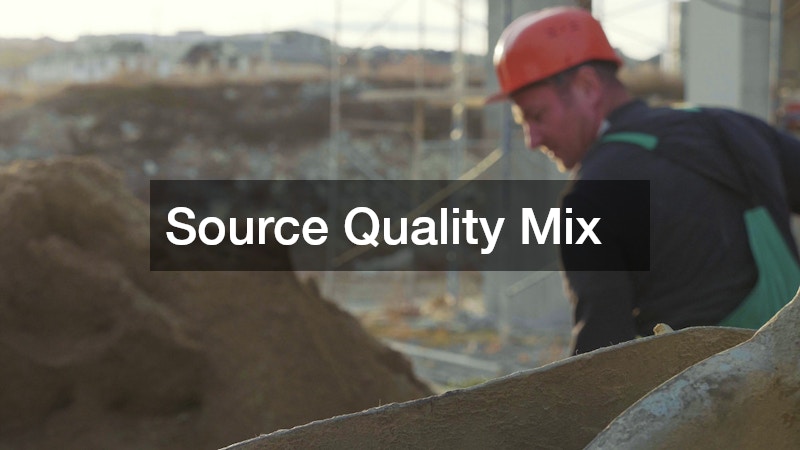Taking the leap to start building your own house is an exciting yet daunting process. For many Australians, this marks the beginning of turning long-held dreams into a reality. The journey involves more than just drawing up plans or picking out paint colours. It requires careful research, informed choices and a clear understanding of what is involved before breaking ground. From the early steps of choosing land to the more technical considerations of infrastructure and materials, there are many details to keep in mind.
While the thought of managing such a large project can feel overwhelming, breaking the process into smaller stages makes it easier to handle. By thinking about where you want to live, how your site will be serviced and what materials you’ll rely on, you can move forward with confidence. Each of these steps plays an essential role in shaping the long-term success of your home. To start building wisely, it’s worth knowing what goes into these decisions and how they affect the outcome. Understanding the process from the ground up gives you the best chance of avoiding setbacks and creating a home that meets your lifestyle needs for years to come.
Find the Right Block

The foundation of every new home begins with the land it sits on. Before you can begin planning walls, floors and layouts, it’s important to think about the location itself. A block of land is more than just dirt and grass, it influences how much sunlight your home will receive, how close you’ll be to amenities and even how much the build may cost. Considering your budget and long-term needs at this stage will help ensure the rest of the journey feels achievable. Choosing wisely now can save significant stress later.
When looking at land for sale, it pays to check more than just the price tag. Investigate zoning regulations, soil conditions and access to services like power and water. A plot might seem perfect until you realise it comes with hidden challenges that add to your costs. Checking council rules and future development plans in the area will also give you a clearer picture of what the neighbourhood will look like over time. By doing your research early, you can feel confident you’ve picked a block that supports both your design and lifestyle goals.
Plan Utility Access

Once the land is chosen, the next step is making sure the site can support the infrastructure you’ll need. Every home requires access to utilities like water, electricity and drainage and ensuring these connections are in place is critical. Some blocks come ready with easy access, while others need extra work to prepare. Considering how these systems will be installed and managed can influence both your budget and your timeline. Laying the groundwork now helps prevent delays later in the build.
Preparing trenches and access points often involves excavation, and modern methods can make this safer and more efficient. Techniques such as hydro excavation are commonly used to dig around underground services without damaging them. This approach helps reduce risks while creating the space needed for pipes and cables. It’s worth speaking with contractors who have experience in this area, as they can help you avoid costly mistakes. Making sure utilities are planned carefully allows the rest of the project to move forward smoothly.
Source Quality Mix

As you move from planning into construction, the materials you choose will have a lasting effect on the quality of your home. Concrete is one of the most critical components, forming the base of the structure and providing strength for years to come. Without a reliable foundation, even the best-designed homes can encounter problems down the track. Understanding where your materials come from and how they’re handled is just as important as the design itself. Choosing strong, durable products ensures the home can stand the test of time.
Working with reputable concrete suppliers can make a major difference. The right supplier will provide not only quality mixes but also advice on which type best suits your build. They can help you select the right strength and consistency for foundations, driveways and other structural elements. This support ensures that the concrete performs well under local conditions. Building a relationship with trusted suppliers also means you’ll have reliable delivery when you need it, helping keep the construction process on schedule.
Deciding to start building your own house is a major step, and knowing what lies ahead can make the process less intimidating. Choosing the right block of land sets the stage, planning utility access ensures smooth connections and sourcing quality materials provides a strong foundation. Each of these decisions influences the success of your build and shapes the home you’ll enjoy for years to come. By preparing carefully and leaning on expert guidance where needed, you can move forward with clarity and confidence. With the right planning, the dream of a home that reflects your needs and lifestyle is well within reach.


